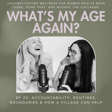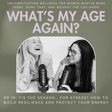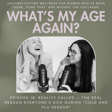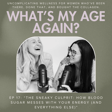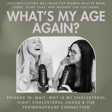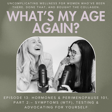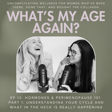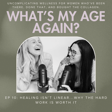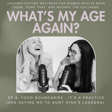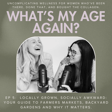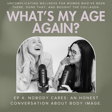
Ep 11: Stuck in Survival Mode? How to Reclaim Your Energy
Feeling constantly drained? You’re not alone—but low energy isn’t something you should just accept as “normal.” In this episode, we unpack some of the most common lifestyle factors that can quietly drain your energy—even when you think you’re doing everything right.
We cover how:
- Nutrition (or lack of it) impacts your metabolism and energy production
- Poor sleep messes with your brain, hormones, and cellular repair
- Lack of movement slows down your mitochondria (aka your body’s energy factories)
- Chronic stress keeps your nervous system in overdrive, leading to burnout and adrenal fatigue
You’ll learn practical ways to support your energy naturally—through food, sleep, movement, and nervous system care—and what to do when you're doing all the things and still feel exhausted. That’s your cue to dig deeper with a health care provider.
This episode is your reminder that low energy might be common, but it’s not normal—and you deserve to feel good in your body.
Where to find us:
IG @whatsmyageagain.podcast or email us at: wmaapod@gmail.com
Where to find Tanya:
IG @tlcholistic / FB @tlcholistic
Book with Tanya: https://tlcholistic.janeapp.com/locations/tlc-holistic
Join the TLC Community: https://www.patreon.com/tlcholistic
Where to find Kim:
IG @kimdesmarais.nutrition /FB @KimDesmarais
Book with Kim: Complimentary Connect Call



